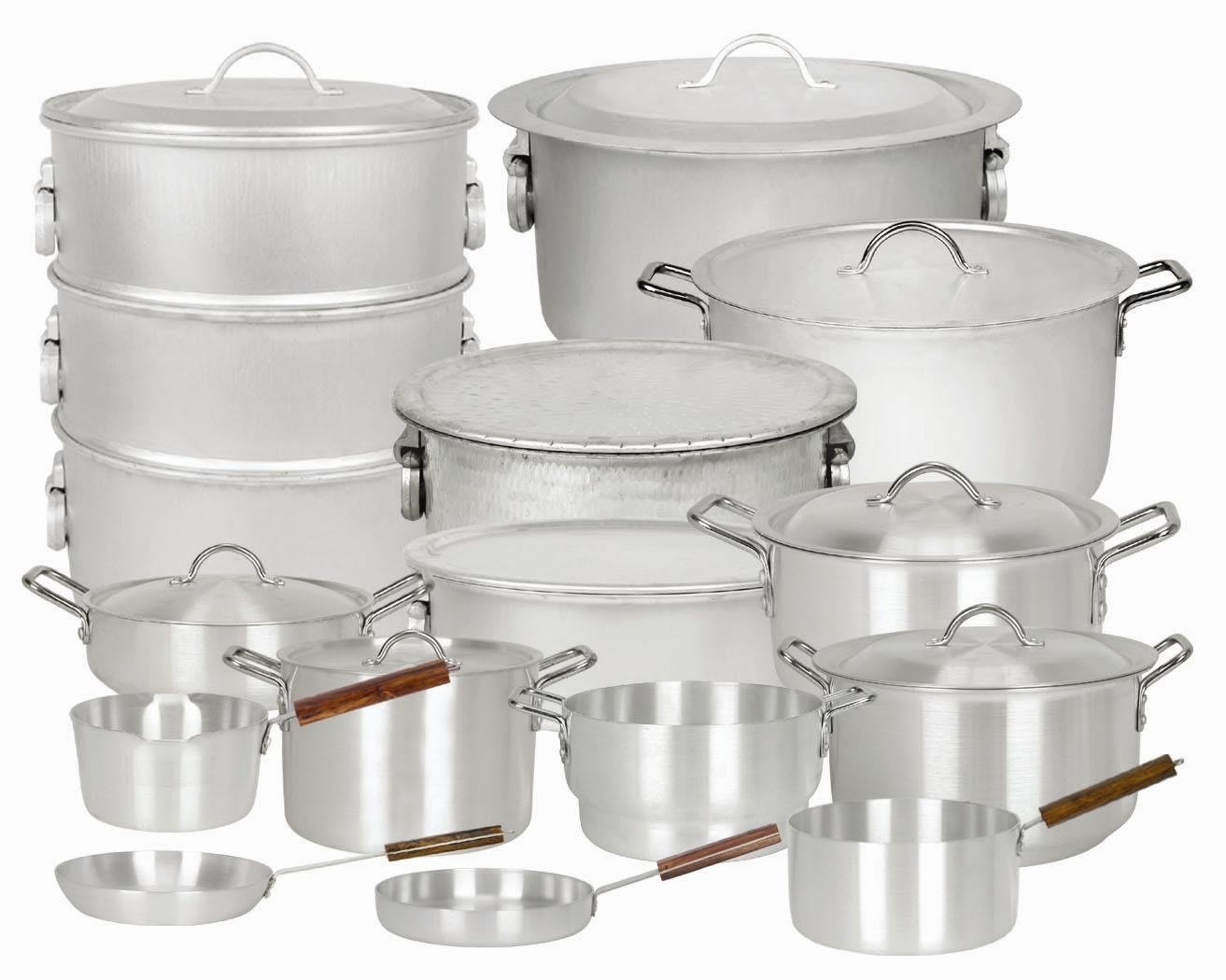Cooking utensils which have been used for non-kosher food need to be purged before we may use them. This requirement stems from a basic halakhic assumption: the taste of food, which is considered to be like the food itself, is absorbed into the pots and pans in which the food is cooked.
This assumption has a scientific basis, which was especially evident in ancient times, when most vessels were made of pottery and even metal vessels were not made of the exceedingly smooth, strong, non-stick alloys of today. However, purging vessels also has a symbolic dimension which is evident both in the origin of this mitzva and in its practice.
The origin of the purging of vessels is in the commandment of the High Priest Elazar to the soldiers who despoiled the Midyanites. Elazar directs that “Any vessel which is used in the fire, should be passed through the fire, and then be purified; it must be purged with water [fit for the purification] of an unclean person; but anything not used in fire need only be washed with water” (Bamidbar 31:23). We see that the “culinary” cleansing (purging with fire or rinsing with water) is discussed together with the spiritual cleansing (immersion to rend the vessel ritually pure).
We can elaborate on the symbolic dimension of this practice by noting the particular symbolism of taste and of cooking.
The taste of something represents its unique character, its inner essence. The absorption of taste into the side of the cooking pot symbolizes the fact that we inevitably leave our mark on our environment. The ability of this taste to prohibit food cooked afterwards symbolizes the opposite fact – that our environment in turn inevitably leaves its mark on us.
But this absorption takes place only through cooking. Rav Shneur Zalman of Liadi, the Alter Rebbe, points out that just as food is only prepared with fire, so a person who wants to shape and transform his character can only do so through the fire of inner enthusaism. (Likutei Torah Matot 3.)
Merely passing through a certain milieu does not necessarily create a mutual influence; it is when we warm to an environment and actively participate in it that we expect a lasting mutual influence, for better or for worse.
However, it is generally forbidden to use a forbidden pot even after a day passes (SA YD 93:1), and in many cases even with cold food. (YD 91:2.) The lesson is that great caution is necessary when approaching a culture with destructive habits and opinions forbidden food for our spiritual development. True, it is possible to pass through such an environment unscathed. For instance, we may avoid become enthusiastic participants of such a culture (parallel to no cooking). Or the destructive elements of the culture may have lost their vitality (parallel to an old taste); an example of this would be the leniencies attached to pagan customs in places where they are mere habits. (See Taz YD 148:4.) Even so, due to the great danger of being negatively influenced (impartation of forbidden taste), ideally we should avoid exposing ourselves to such surroundings.
What is necessary to purge a vessel? The basic principle is that “expurgation is commensurate with absorption” (Rashi on Bamidbar 31:23). The more hot and intense a certain social milieu is, the greater the intensity of the effort required to make it fit as an environment for our spiritual growth.
Rabbi Asher Meir is the author of the book Meaning in Mitzvot, distributed by Feldheim. The book provides insights into the inner meaning of our daily practices, following the order of the 221 chapters of the Kitzur Shulchan Arukh.
The words of this author reflect his/her own opinions and do not necessarily represent the official position of the Orthodox Union.



